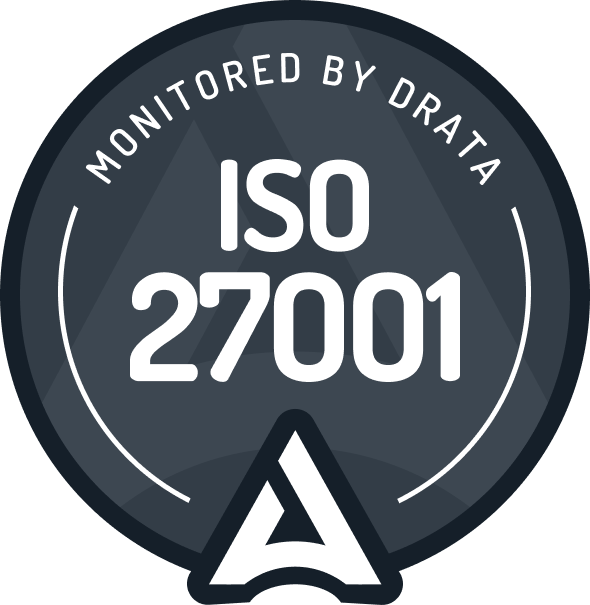Impact of Closing Loopholes Bill
.png)
In the ever-evolving realm of the health and aged care workforce, adaptability is paramount, and leveraging innovative tools becomes essential. Within this dynamic landscape, the Closing Loopholes Bill marks a significant turning point, particularly in confronting challenges related to wage theft and underpayments within this extremely important sector.
Criminalising ‘wage theft’
Part 1 of the Closing the Loopholes Bill has passed, with the criminalisation of wage theft coming into effect from 1 January 2025. Employers may now commit a criminal offence if they intentionally engage in conduct that results in underpayment of employee entitlements under the Fair Work Act or a Fair Work instrument.
Penalties will include:
- A maximum of 10 years’ imprisonment,
- And/or a maximum fine of the greater of: 3 times the amount of the underpayment, if the court can determine that amount; or $1,565,000 for an individual or $7,825,000 for a body corporate.
These laws do not apply to employers who:
Unintentionally underpay their employees; or pay incorrect amounts by mistake.
Challenges in the Health and Support Industry
Underpayments pose a significant concern in industries with demanding schedules, with irregular working hours, crisis response and extended shifts, leading to complexities in accurately tracking and recording worked hours to calculate pay using complex pay rules.
Navigating pay structures in the care industry is a formidable task. Complex awards, intricate working patterns, and meticulous record-keeping all contribute to the challenges employers face. This complexity is particularly evident in the interpretation of clauses regarding sleepover shifts, intricate overtime rules, and penalty rates. To ensure compliance, employers must possess a comprehensive understanding of award provisions, maintain detailed records, and may find value in seeking expert advice or utilising specialised payroll software.
A recent news alert from the Fair Work Ombudsman has shed light on specific instances of wage issues: annual leave loading and weekly allowances for shift workers, underpayment problems with overtime entitlements for casual nurses, and nearly $400,00 in unpaid annual leave entitlements for aged care workers in Queensland.
Payroll teams are under the pump already
Payroll teams are facing a lot of pressure to make sure everyone gets paid correctly and on time. They have a tight 48-hour window to get the job done, which makes it tough to be sure everything is right.
The Fair Work Ombudsman’s news alert also quotes inadequate “payroll, human resources and governance practices” as significant contributors to many businesses struggling to fully deliver on their employees’ entitlements.
Coupled with evolving regulations, payroll teams in many businesses shoulder immense responsibility to ensure accurate and compliant practices. Latest insights from the Australian Payroll Association in 2023 describe the challenges facing payroll professions, with outdated payroll processes and technology emerging as the most significant hurdles, cited by 38.7% of participants.
Ensure you are doing everything possible to be compliant
In response to the transformative changes introduced by the Closing Loopholes Bill in Australia’s industrial relations landscape, it's imperative to establish robust payroll systems to safeguard against both deliberate and inadvertent wage underpayments.
Seek Legal Advice:
Ensure compliance and establish a defendable position on pay calculations by seeking expert legal advice for clear interpretation of the awards or enterprise agreements relevant to your business.
Configure Systems to Match:
Paramount to compliance is aligning payroll systems with your defendable interpretation of how pay should be calculated.. Configure systems accordingly to ensure accurate capture of necessary data points related to time and attendance.
Ensure Comprehensive Data Capture:
Beyond basic functions, ensure systems accurately capture crucial data points like scheduled work hours, actual hours worked, and payments.
There is guidance from numerous pieces of legislation on the data that we are required to collect. The Fair Work Act requires businesses to keep records easily accessible for a Fair Work Inspector as well as the records of the last 7 years of operations.
However, with just 72 hours to ensure accurate pay for hundreds or thousands of employees in every pay-run, errors can easily slip through the cracks.
Discover how you can avoid wage underpayments, common compliance pitfalls and how your business can avoid them by maximising your compliance investment.




.png)

.png)





%201.webp)


.webp)




.webp)

.webp)